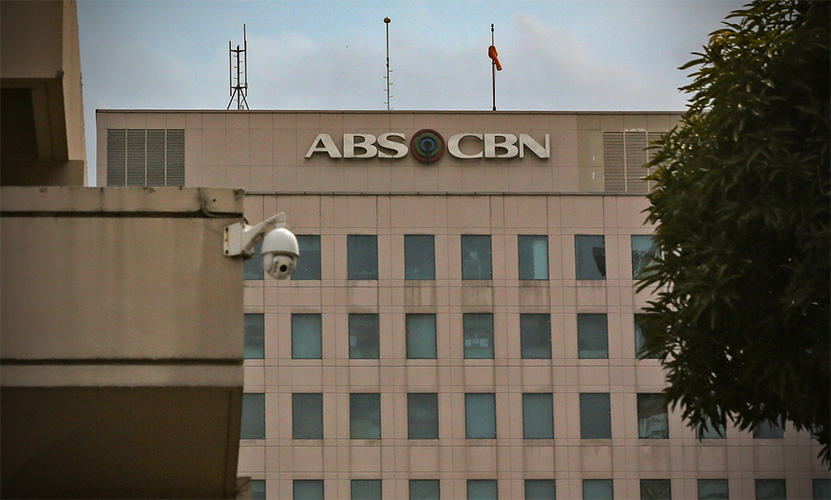Senator Win Gatchalian is urging the government to take the offer of ABS-CBN for the use of its transmission network and educational programs to support the Department of Education’s (DepEd) Learning Continuity Plan (LCP), a move that he says would assist millions of households and learners when the school year opens on August 24.

Gatchalian earlier raised that technical and legal issues hinder proposals to use the frequency that ABS-CBN vacated for distance learning, citing the need for specific equipment and qualified technical people to run its operation. The senator also raised the need to secure ABS-CBN’s permission for the use of the said facilities.
ABS-CBN reaches over 19 million households out of more than 21 million nationwide. It also operates Knowledge Channel, which has produced thousands of educational contents, in partnership with the DepEd over the years. Earlier this month, ABS-CBN said Knowledge Channel can easily reach as many as 7.6 million students nationwide. Knowledge Channel added that it already developed in video format 50 percent of the most essential learning competencies (MELCs) that DepEd requires to be taught for the school year.
“This is a win-win-win solution for all parties – for ABS-CBN, for the Department of Education and for our children who urgently need to learn even under the pandemic,” Gatchalian pointed out.
In his penultimate State of the Nation Address (SONA), President Rodrigo Duterte said television frequencies reverting to the government will be used to provide uninterrupted quality education amid the COVID-19 pandemic and the shift to distance learning.
The President also directed government agencies such as DepEd, the Department of Science and Technology (DOST), the Department of Information and Communications Technology (DICT) to come up with an integrated program and implementation mechanism to utilize these frequencies using the facilities of state-run People’s Television Network (PTV-4).
By utilizing ABS-CBN’s transmission network, however, Gatchalian said the government will face fewer hurdles in the broadcast of educational programs.
Gatchalian added that the television-based educational program that the government will produce should be accessible and conducive for learners with disabilities and those enrolled in the Alternative Learning System (ALS), DepEd’s parallel program for those who cannot access formal education due to economic, geographic, political, cultural, and social barriers.
“Dahil abot ng ABS-CBN ang malaking bahagi ng bansa, isang malaking tulong ang kanilang alok na magamit ang kanilang transmission network at mga programa upang maipagpatuloy ang edukasyon sa gitna ng pandemya. Sa kabila ng krisis na ating pinagdaraanan, mahalagang gamitin natin ang lahat ng posibleng paraan upang maabot natin ang bawat mag-aaral,” said Gatchalian, Chairman of the Senate Committee on Basic Education, Arts and Culture.
Based on a readiness report submitted by DepEd to the Senator, more than 1.3 million learners prefer television as an alternative learning modality for distance learning. As of July 25, more than 22 million learners in public and private schools are enrolled for the coming school year.


